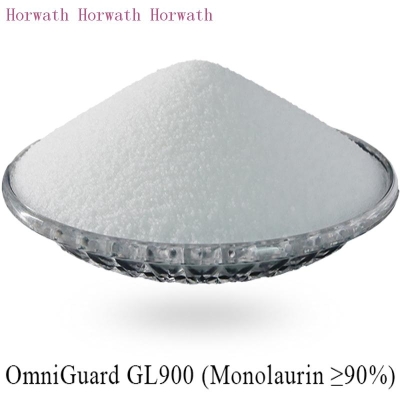Erdos herdsmen circle cattle and sheep for benefit
-
Last Update: 2001-12-04
-
Source: Internet
-
Author: User
Search more information of high quality chemicals, good prices and reliable suppliers, visit
www.echemi.com
Introduction: the herdsmen in Ordos City, Inner Mongolia, who have tasted the sweetness of raising livestock in their houses, describe their new production mode to reporters in this way: "they circle cattle and sheep and run for a well-off life, and see the green grassland in those days." Indeed, with the promulgation of the local grazing ban and the continuous promotion of livestock raising, the herdsmen in Ordos have become rich and the grassland has become green On the way from Dongsheng District, the capital of Ordos City, through Genghis Khan Mausoleum to Wushen Banner, although it is the season when everything withers in cold winter, the reporter saw the scene of willow clusters and grass patches, and the herdsmen's brick houses on both sides of the road were full of various feeds Wang Heng, Vice Minister of the Propaganda Department of the municipal Party committee, said: "we often walk this road across the Maowusu Desert In the past, the grasslands on both sides of the road were seriously degraded and the yellow sand was exposed The local people jokingly called this asphalt road" a long black tape on the yellow belly " However, although this year has been a three-year drought, the grassland vegetation is more dense than that of the previous year, which shows the role of grazing prohibition and shed feeding In the general history of Taoli Town, the fact that wulanbage, a herdsman, became rich by enclosure of cattle and sheep proved that the way of becoming rich could only be realized by house feeding There are 1000 mu of grassland in Ulan bage's family This year, he planted more than 150 mu of grass and 7 mu of feed corn on 200 irrigated fields, collected 10000 kg of grass and 6500 kg of straw, and raised 200 sheep and 15 cattle in captivity The shrewd ulaanbaag calculated this account for us: "before the captivity, my sheep produced about 3.5kg of wool and 17.5kg of meat on average After the captivity, the gross production increased by 1.5kg, the meat production increased by 7.5kg, and the time of going out of the market was nearly two months ahead of the time before the captivity What do you think is the best way? " A "circle" circled the benefits, and the per capita net income of his family increased from 4500 yuan to 5800 yuan What captivity brings is not only benefit, but also advanced mode of production with the change of concept The 890 Mu grassland of suyaratu, a herdsman in obogacha, Ulan Tolgoi, is located in a dry and hard beam area With few grassland and poor conditions, he can only become a poor household if he raises livestock according to the tradition However, he began to develop aquatic farming a few years ago, and made the transition from scattered farming to captive farming Now he has built three standardized sheds, the forage base has developed to more than 70 mu, and he has raised 120 improved sheep and 33 improved cattle Now, suyaratu has despised planting ordinary forages This year, sweet clover, Sudan grass, Astragalus adsurgens and other fine forages have been planted 50 mu, and this year, only fine forages have been planted and stored 37500 kg Suyaratu is pleased to introduce the efficient and beneficial animal husbandry model he has found: "we should raise fewer sheep and more cattle, replace local cattle with Qinchuan red cattle, Angus cattle and other excellent breeds, and grow less feed and more grass, and try our best to speed up the marketing." He also showed his unique skill: to mix different forage materials with a lawnmower and then feed the livestock in strict proportion This year, the family of four has a total income of more than 56000 yuan from agriculture and animal husbandry Wang Zhiping, the leader of the Wushen Banner, told reporters: "herdsmen like suyaratu do not" ban "their cattle and sheep, but they realize it This year, the two farming areas in our banner took the lead in banning animal husbandry From the beginning of November, the four semi farming and semi pastoral areas have been completely banned from animal husbandry In the first half of next year, all pastoral areas will be closed "I wish the grassland more green, leaving countless merits and virtues for thousands of years." During the interview, this prairie folk song haunted my ears many times From herding cattle and sheep for the road of prosperity to enclosure for the well-off society, Ordos herdsmen are building their own rich green home.
This article is an English version of an article which is originally in the Chinese language on echemi.com and is provided for information purposes only.
This website makes no representation or warranty of any kind, either expressed or implied, as to the accuracy, completeness ownership or reliability of
the article or any translations thereof. If you have any concerns or complaints relating to the article, please send an email, providing a detailed
description of the concern or complaint, to
service@echemi.com. A staff member will contact you within 5 working days. Once verified, infringing content
will be removed immediately.







